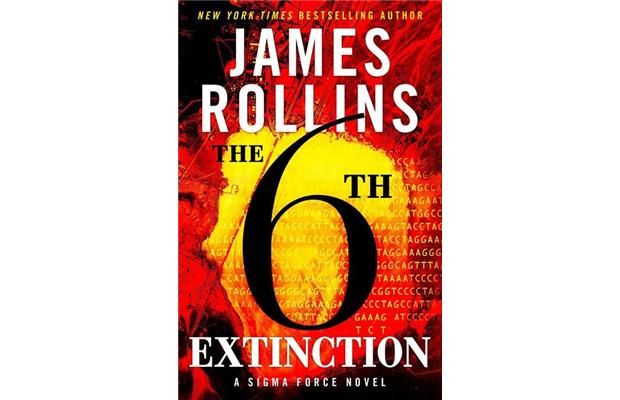
An invaluable contribution to our understanding of present circumstances."- Al Gore, The New York Times Book Review Kolbert expertly traces the 'twisting' intellectual history of how we've come to understand the concept of extinction, and more recently, how we've come to recognize our role in it. Reviews BookĮxcerpts Media About the Author Reviews Praise for The Sixth Extinction

The sixth extinction is likely to be mankind's most lasting legacy as Kolbert observes, it compels us to rethink the fundamental question of what it means to be human. Through these stories, Kolbert provides a moving account of the disappearances occurring all around us and traces the evolution of extinction as concept, from its first articulation by Georges Cuvier in revolutionary Paris up through the present day. She introduces us to a dozen species, some already gone, others facing extinction, including the Panamian golden frog, staghorn coral, the great auk, and the Sumatran rhino. In The Sixth Extinction, two-time winner of the National Magazine Award and New Yorker writer Elizabeth Kolbert draws on the work of scores of researchers in half a dozen disciplines, accompanying many of them into the field: geologists who study deep ocean cores, botanists who follow the tree line as it climbs up the Andes, marine biologists who dive off the Great Barrier Reef. Scientists around the world are currently monitoring the sixth extinction, predicted to be the most devastating extinction event since the asteroid impact that wiped out the dinosaurs.

Over the last half a billion years, there have been five mass extinctions, when the diversity of life on earth suddenly and dramatically contracted. Winner of the Los Angeles Times Book Prizeįinalist for a National Book Critics Circle AwardĮlizabeth Kolbert blends field reporting with natural and intellectual history to reveal the mass extinction that's already taking place on the planet.

Media Issues, Communication & Journalism.Computer Science & Information Technology.


 0 kommentar(er)
0 kommentar(er)
